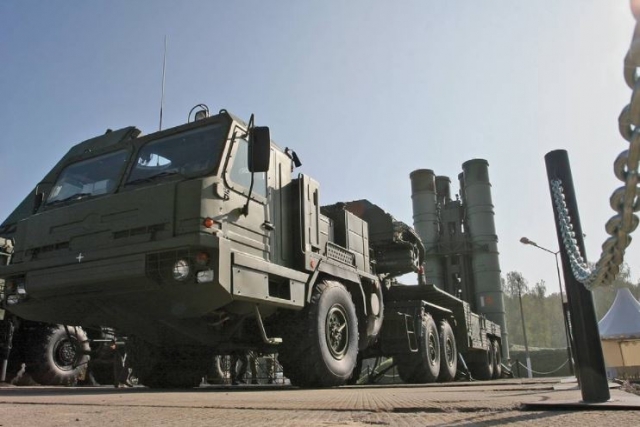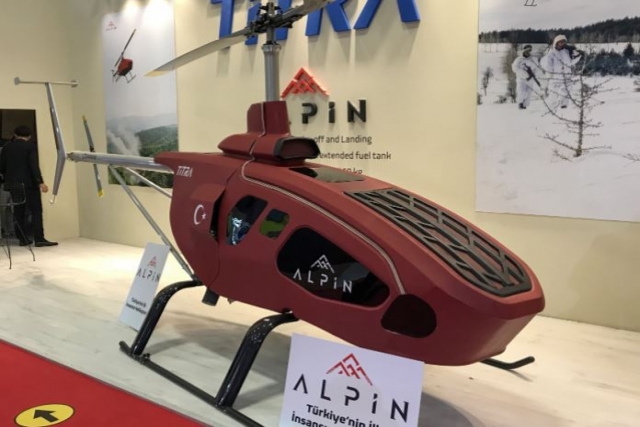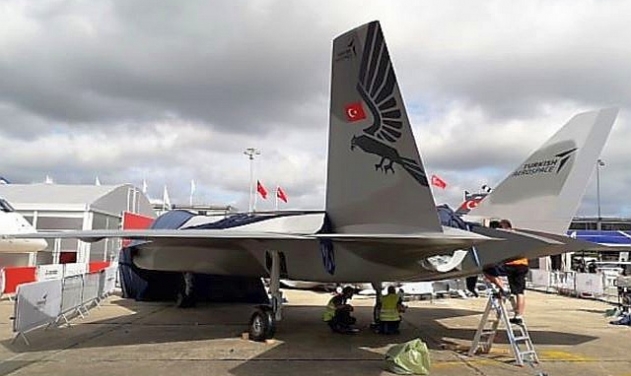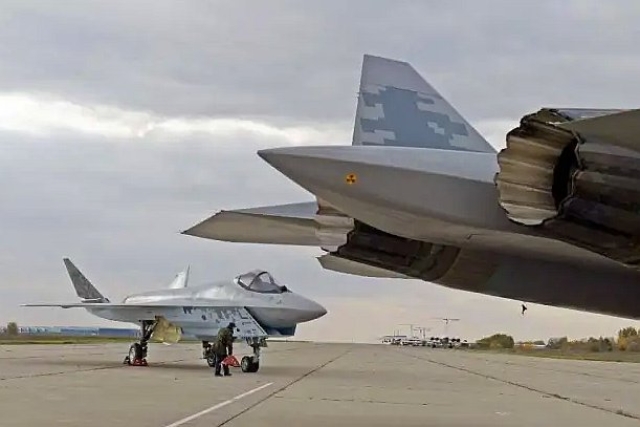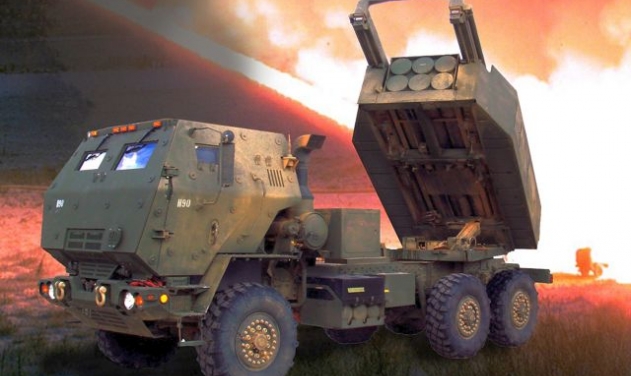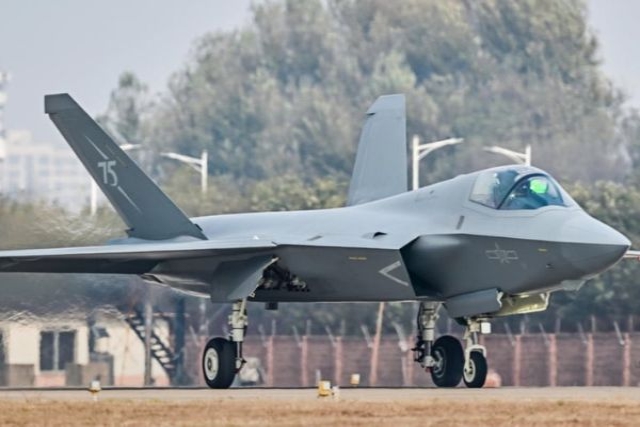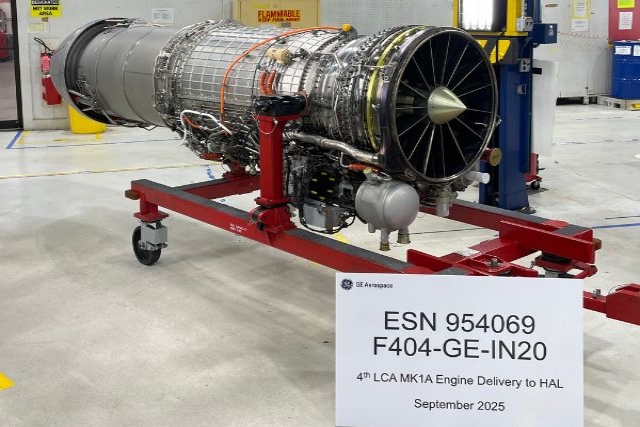Beyond S-400, Turkey Seeks Russian Fighter Jet, Submarines
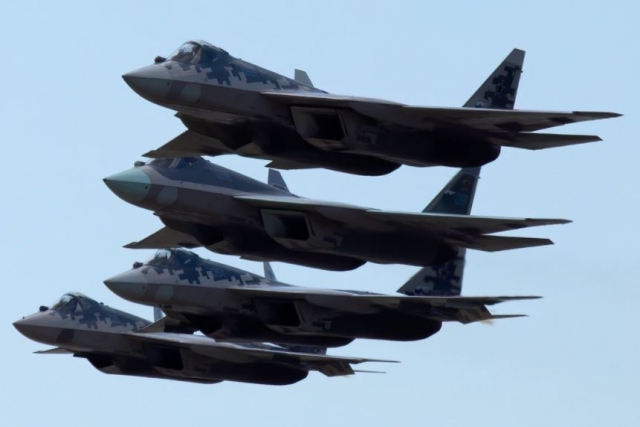
Aside of seeking a second batch of S-400 Air Defense System (ADS) as well as technology transfer to build some of its components, Turkey has hinted that a partnership with Russia on fighter jets and submarines could be on the cards.
President Erdogan's quick hop to the Russian city of Sochi last week where he met President Vladimir Putin signals the beginning of a deepening defense partnership far beyond the purchase of a stand-alone S-400 ADS. “We had the opportunity to discuss comprehensively what steps to take in the production of plane engines, what steps to take regarding fighter jets,” he said, adding that other measures could include building ships and submarines.
Russia could also be involved in the construction of Turkey’s second and third nuclear power plants, Erdoğan told journalists onboard the presidential plane, adding that Putin suggested developing platforms for space launch platforms.
Turkey seems to have given up on receiving F-35 jets and is reportedly seeking a refund of $1.4 billion advance paid from the U.S. "We made a $1.4 billion payment. What will become of that?" Erdogan said. "We did not—and do not—earn this money easily. Either they will give us our planes or they will give us the money."
Power Problems with Turkey’s Fifth-Generation Fighter
Ankara has openly welcomed participation of foreign countries in its fifth generation jet project. Ismail Demir, head of Presidency of Defense Industries (SSB) told the local media recently, “The door is open for friendly and allied countries who want to be part of this project” to build the stealthy TF-X National Combat Aircraft (MMU).
While SSB has always maintained that the TF-X fighter jet would be completely indigenous, it is known that Turkish industry lacks certain critical technologies required to take this project to fruition.
BAE Systems of the United Kingdom signed an agreement valued £100 million with Turkish Aerospace Industries (TAI) in 2017 to provide engineering assistance in developing the aircraft.
Having built the stealthy Su-57 fifth-generation fighter, Russia has the experience and the advanced technologies to help Turkey build one. At the Army 2021 Forum, Director of Russia’s Federal Service for Military-Technical Cooperation, Dmitry Shugayev said Russia was holding consultations with Turkey to provide technology and expertise for the ambitious TF-X project.
Also Read: Russia in Talks with Turkey on Supporting TF-X Fighter Jet Project
Turkey’s TRMotors was selected in February 2021 to develop an auxiliary power unit and an air turbine start system for the TF-X. Prototypes will be equipped with two General Electric F110 engines.
Russia’s United Engine Corporation (UEC) has stated earlier that it is ready to provide technology for the TF-X engine.
Other competitors are Kale Group- Rolls Royce UK, Aselsan-Eurojet (an iteration of Eurofighter Typhoon’s EJ200 engine has been proposed), and TUSAS (TEI)-General Electric teams.
The Joint Venture between Kale Group and Rolls-Royce has hit rough weather due to uncertainties over technology transfer. Turkey also seems to be unhappy with British Rolls Royce’s offer. Demir has stated that the company is not meeting with all of Turkey’s conditions, without elaborating what they are.
Turkish Submarines
The Turkish navy currently boasts a submarine fleet second-largest in NATO with 12 Type-214 boats in service: Atilay class 209/1200 (four) built by Turkey in partnership with Germany; German-made Preveze-class 209T1/1400 (four); and German-made Gur-class 209T2/1400 (four). Turkey will be replacing early Atılay-class ships with six TKMS Reis-class submarines. The new vessels are a group of six license built submarines based on the Germany’s Type 214 submarine.
At the IDEF-2021, Turkish company STM unveiled the STM500 mini-submarine and the 1700-ton TS17000 submarine; while another company Dearsan presented a "light submarine" design.
Ankara has also launched MiLDEN (Milli Denizalti) National Submarine program that aims to develop a new class of submarine. Turkey could collaborate with Russia on building these submarines. Russia's submarine force is now around 60 boats, including 12 nuclear-powered ballistic-missile submarines (SSBNs) and nine nuclear-powered cruise-missile submarines (SSGNs).
